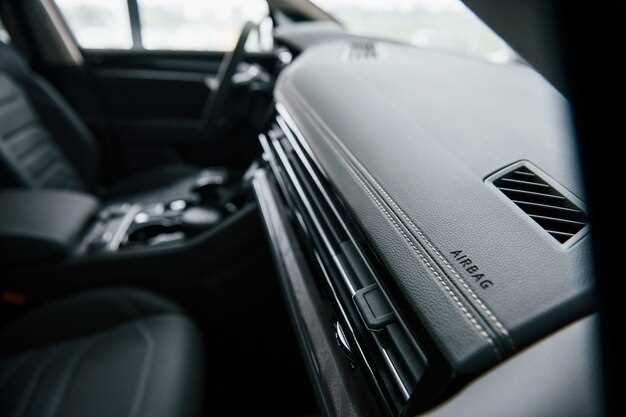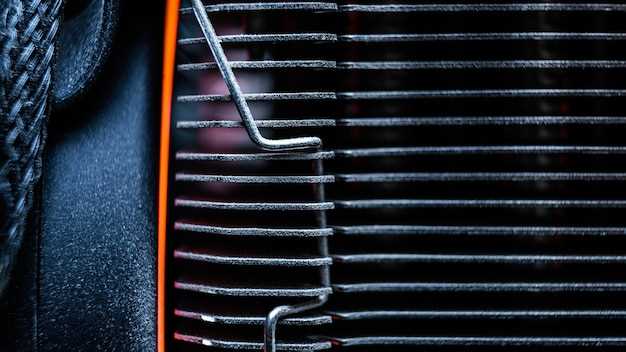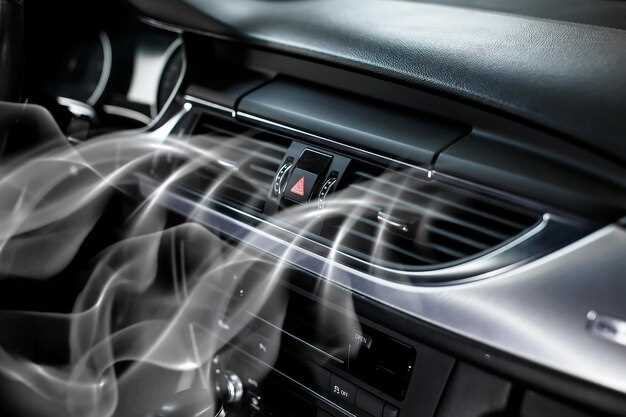
Cabin air filters play a crucial role in maintaining the overall health of your vehicle. These filters are designed to purify the air that enters the cabin, ensuring that passengers breathe clean and quality air. The impact of a functioning cabin air filter extends beyond comfort; it significantly affects the performance of the vehicle’s HVAC system and overall driving experience.
Over time, cabin air filters can become clogged with dust, pollen, and other pollutants, leading to restricted airflow. When this happens, it not only diminishes the quality of the air inside the vehicle but can also cause unnecessary strain on the heating and cooling systems. Regular maintenance and timely replacement of cabin air filters ensure that your vehicle operates efficiently while providing a healthy environment for everyone inside.
Neglecting the cabin air filter can have serious consequences. Poor air quality can exacerbate allergies and respiratory issues among passengers, making it essential to prioritize the health of the air circulating within your car. By understanding the importance of cabin air filters, vehicle owners can take proactive steps to safeguard their health and enhance the longevity of their vehicles.
Understanding the Impact of Cabin Air Filters on Air Quality
Cabin air filters play a crucial role in maintaining the quality of air inside vehicles. These filters are designed to trap harmful particles, such as dust, pollen, and exhaust gases, preventing them from entering the cabin. A well-functioning filter can significantly improve the overall air quality, ensuring a healthier environment for occupants.
The effectiveness of a cabin air filter directly affects how clean the air inside the vehicle remains. Filters that are clogged or worn out lose their ability to capture contaminants efficiently, leading to increased levels of pollutants circulating within the cabin. This can result in discomfort and potential health issues for drivers and passengers, particularly for those with allergies or respiratory problems.
In summary, the impact of cabin air filters on air quality cannot be overstated. A clean, functional filter is integral to providing a safe and comfortable driving experience, showcasing its importance in vehicle health and overall occupant well-being.
Signs That Indicate It’s Time to Replace Your Cabin Air Filter

Maintaining a high-quality cabin air filter is essential for ensuring the health of your vehicle and the comfort of its passengers. There are several signs that can indicate it may be time to replace your cabin air filter.
Reduced Air Flow: If you notice a significant decrease in the airflow from your vehicle’s ventilation system, it may suggest that the filter is clogged. A compromised filter restricts the passage of air, negatively impacting climate control.
Unpleasant Odors: A musty or unpleasant smell emanating from the air vents can be a clear indication of a dirty or old filter. This smell often originates from trapped dust, mold, and other contaminants within the filter.
Increased Dust Inside the Vehicle: If you find that dust accumulates quickly on the dashboard and other surfaces, it might signal that the cabin air filter is failing to trap airborne particles effectively. A quality filter ensures that air entering the cabin is clean and dust-free.
Allergic Reactions: If you or your passengers experience increased allergy symptoms while inside the vehicle, it may be time to check the cabin air filter. A worn filter can fail to remove pollen, allergens, and other irritants, leading to discomfort during travel.
Frequent Replacement Warning: Some vehicles come with a maintenance schedule indicating when to replace the cabin air filter. If your automotive manual suggests more frequent changes than usual, heed this advice to maintain air quality.
Recognizing these signs can help ensure you’re taking proactive steps in vehicle maintenance. Replacing a cabin air filter at the right time promotes not only vehicle health but also enhances the overall experience for both the driver and passengers.
How to Choose the Right Cabin Air Filter for Your Vehicle

Selecting the appropriate cabin air filter for your vehicle is crucial for maintaining air quality and ensuring a comfortable driving experience. First, consider the make and model of your vehicle, as different automobiles often require specific filters. Always refer to your owner’s manual for compatibility information.
Next, evaluate the quality of the filters available. High-efficiency particulate filters (HEPA) are highly recommended as they can capture a greater number of pollutants compared to standard filters. Look for filters that can trap allergens, dust, pollen, and even harmful gases.
Another factor to consider is the filter’s material. Cabin air filters constructed from activated carbon can help eliminate unpleasant odors in addition to filtering particles. This added functionality enhances the overall cabin air quality.
Check the replacement interval recommended by the manufacturer. Some filters may require more frequent changes based on driving conditions and environment, so understanding your specific needs can ensure optimal performance.
Finally, it is advisable to purchase filters from reputable brands or certified dealers. This ensures that you receive a quality cabin air filter that meets your vehicle’s requirements and standards, ultimately supporting the health of your vehicle’s interior environment.



